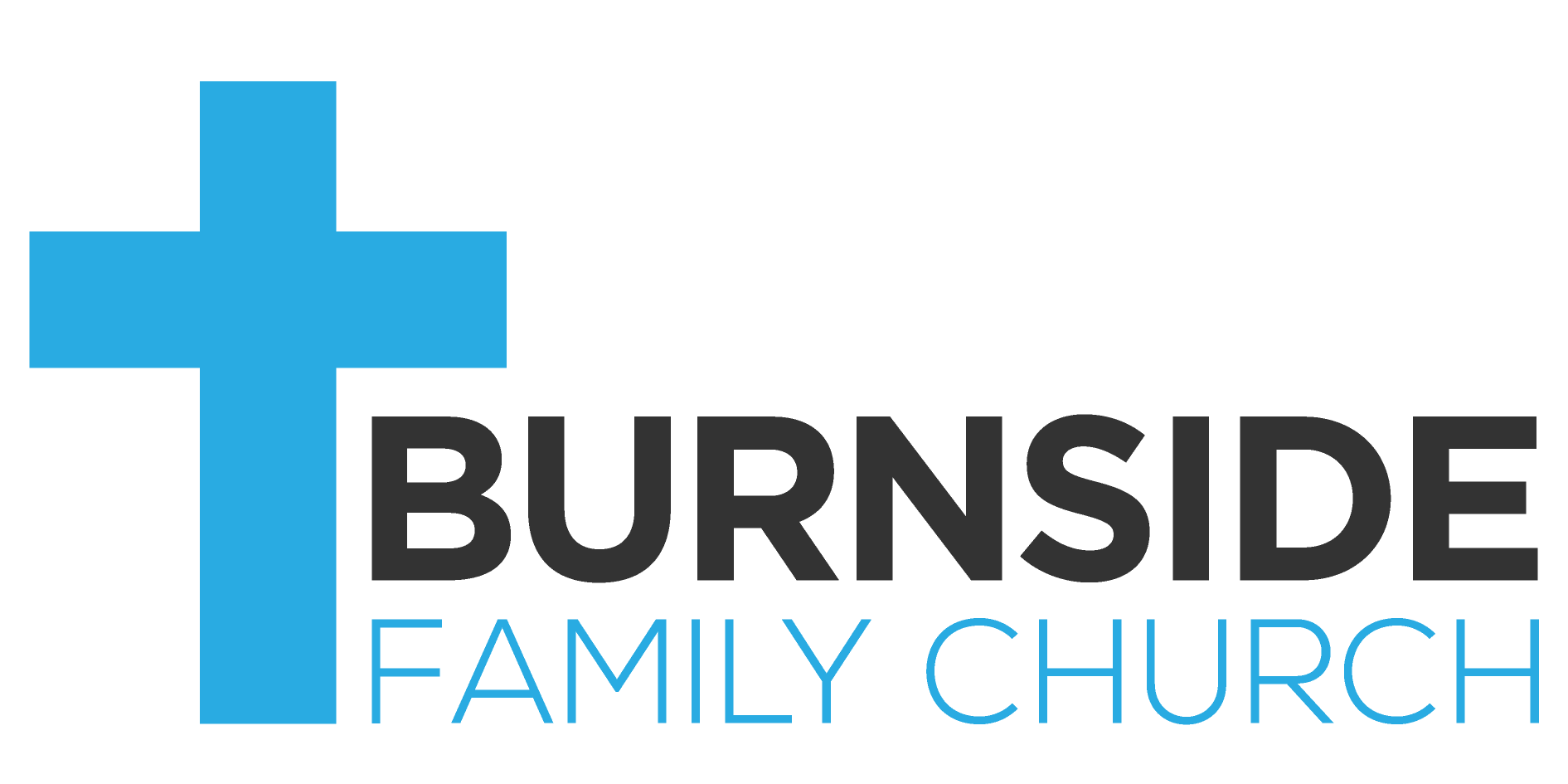Matthew 6:7-15 - The Lord's Prayer- by Jeff Byerley
Study on Matt.6:7-15 The Lord's Prayer
Outline of Passage
6:7-8 Jesus teaches a model prayer.
6:9-10 God. His Name, Power, Holiness and Will.
6:11-13 Petitioning God for our own needs.
6:14-15 Forgiving others.
Our Reflections
1. Why is it called The Lord's Prayer (vv 7-9a)?
2. Why did the way Jesus taught on prayer shock people (v.9b)?
3. Why emphasize God, His Name, Reign, Kingdom and Will (vv.9b-10)?
4. Do we really need to pray for our "daily bread" (v.11)?
5. If we do not forgive others, does that mean we are excluded from heaven (vv.12, 14-15)?
6. Why would God bring us to a time of trial (v.13)?
Our Conclusions
1. Why is it called “The Lord's Prayer” (vv 7-9a)?
The Lord's Prayer perhaps should be called the disciple's prayer since this was the form of prayer he wished his disciples to use. However, Jesus also saw the need to ensure that they did not mindlessly repeat prayers like the pagans did. Indeed, this was probably more for show and self glory, exactly what Jesus was teaching against. He then set the right attitude to prayer saying; “Pray then in this way.” It was to be used as a model for praying, not necessarily taking the exact same form..
2. Why did the way Jesus taught on prayer shock people (v9b)?
The Jews considered the name of God so holy that they would not say I, but only note its written form YHWH”. They would use other substitutes such as “Lord”, (Adonai). But Jesus taught to refer to God as “Father” (Abba), equivalent to calling him “Daddy”. Moreover, He was to be addressed as “Our Father” a caring, considerate and approachable Father to all Christians (Gal.4:1-7). This also set the reality of how we are to treat each other as we are all God's children. Indeed, we are to pray “Our Father in Heaven.” There is no I, me, my or mine in the prayer which makes it a selfless way to pray. Our Father is not only a caring and loving God but as he reigns from heaven, he is an all powerful God able to bring to fruition all He promises. It is as churches sing:
“Our God, is an awesome God,
Who reigns from heaven above,
With wisdom, power and love.
Our God is an awesome God.”
3. Why emphasize the preeminence of God, His Name, Power, Kingdom and Will (vv9b-10) ?
These are important so we may understand the utter holiness, power and purpose of whom we approach, worship and make our petitions. Then we can better understand our need for close intimacy with him and to align our service in extending His Kingdom. Anything we pray thereafter should be shaped by these truths and thus save us from hypocrisy.
4. Do we really need to pray for our “daily bread” (v11)?
In using the word “bread” it is a reference to not only sufficient sustenance, but all our necessities as well. We are to be dependent upon God each day for our needs and not be distracted by spending a lot of energy and time in ensuring a good supply for our future needs. This does not mean we despise the normal measures people take to care for their own and family needs. Jesus rebuked the Pharisees for not looking after their parents (Matt. 15:3-6).
5. If we do not forgive others' debts, does that mean we are excluded from heaven (vv 12, 14-15)?
Matthew here records the use of the word “debts” ((opheilema), whilst Luke (11:4) records the word “sins” (hamatia), but there is the same meaning in essence. Our salvation does not depend on our works but utter trust in what Jesus has done on the cross. We know this by our changed lives in view of the enormity of the debt Christ paid for us. If in the light of this, there is no change in their attitude to others, (failing to forgive their debts), it shows no real trust and faith in what God has provided them through Christ. It is not only a great failing, it is also very wicked, (See the unforgiving servant Matt.18:21-35). Our willingness to forgive others shows our true conversion.
6. Why would God bring us to a time of trial (v.13)?
We think that it cannot refer to the ordinary trials of life for all of life is really a trial. Scripture shows that we are in a cosmic struggle between good and evil. Either it means we pray against an overpowering trial or else it is a prayer for protection in the course of a trial designed to strengthen us. In Deut. 8:2 God says that he tested the Israelites for 40 years in preparation for their entrance into the promised land. So God uses testing to strengthen us for the battles ahead, not to destroy us. In the second world war, when London was being nightly bombed, Winston Churchill made the following rebuke. “They think they are destroying us, but we are being made stronger, like iron tempered in the furnace fire!” We ask for protection in this time of trial that we do not fall into Satan's temptations.
